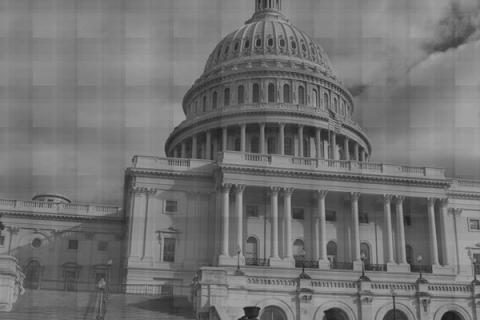While Thursday morning's headlines echoed criticism towards Barack Obama's performance in the first presidential debate, tweets, status updates, and bloggers paint a different picture, with the majority of social discussions online favoring Obama over Mitt Romney. An analysis of the conversation surrounding Wednesday's presidential debate by Pew Research Center's Project for Excellence in Journalism shows that social media reacted more kindly towards Barack Obama than conventional media, with Twitter and Facebook conversations critical of Mitt Romney. Essentially, Pew's report highlights that social media favors Obama.

While this may have something to do with the nature of social media and it's ability to provide commentary in real-time, it also speaks to the demographic of users on social media. A recent Pew Internet survey breaks down social network users by political affiliation, finding that "the internet users who describe their political ideology as moderate or liberal are more likely than conservatives to use social networking sites." More specifically, 74% of internet users who describe their political attitudes as liberal and 70% who describe their attitudes as moderate use social media. Comparing this to the 60% of those identifying with Conservatism who are on social media, may provide an explanation for Wednesday's trend in positive sentiment and why social media favors Obama.

Pew notes that while conversation leaned towards Obama, it was not always in favor of his debate performance, rather a portion was criticizing his opponent.
"But those who favored Obama tweeted not so much to praise him as to criticize his opponent. Of the entire conversation, 9% praised the president and 26% was critical of Romney. Of those favoring Romney, 7% praised him and 15% criticized Obama."
Twitter users are primarily independent thinkers, with 22% identifying themselves as independent and 19% stating no political affiliation. The internet is, however, transforming into a new wave of journalism, with substantial implications on political reporting. Up 10% from 2008, 27.7% of likely voters get information about candidates and issues on the internet. In other words, over one quarter of voters turn to the internet to get election news, so sentiment from social media users reflects real world attitudes towards the presidential candidates.
Why do you think social media favors Obama? What role does it play in the 2012 election?
